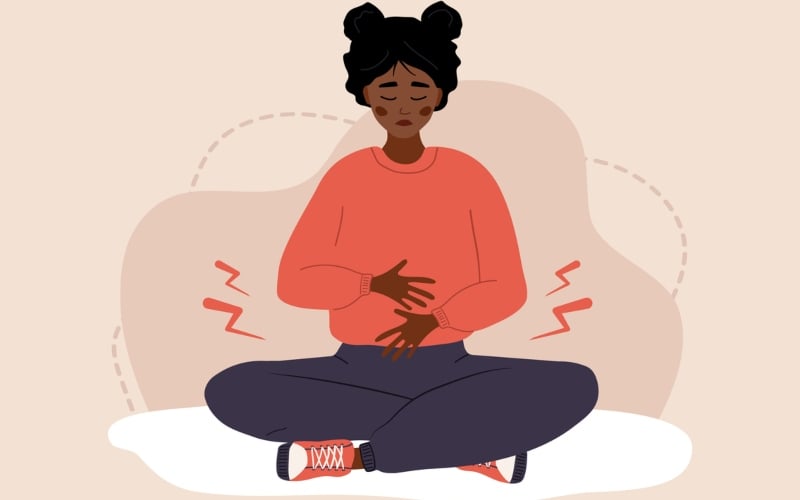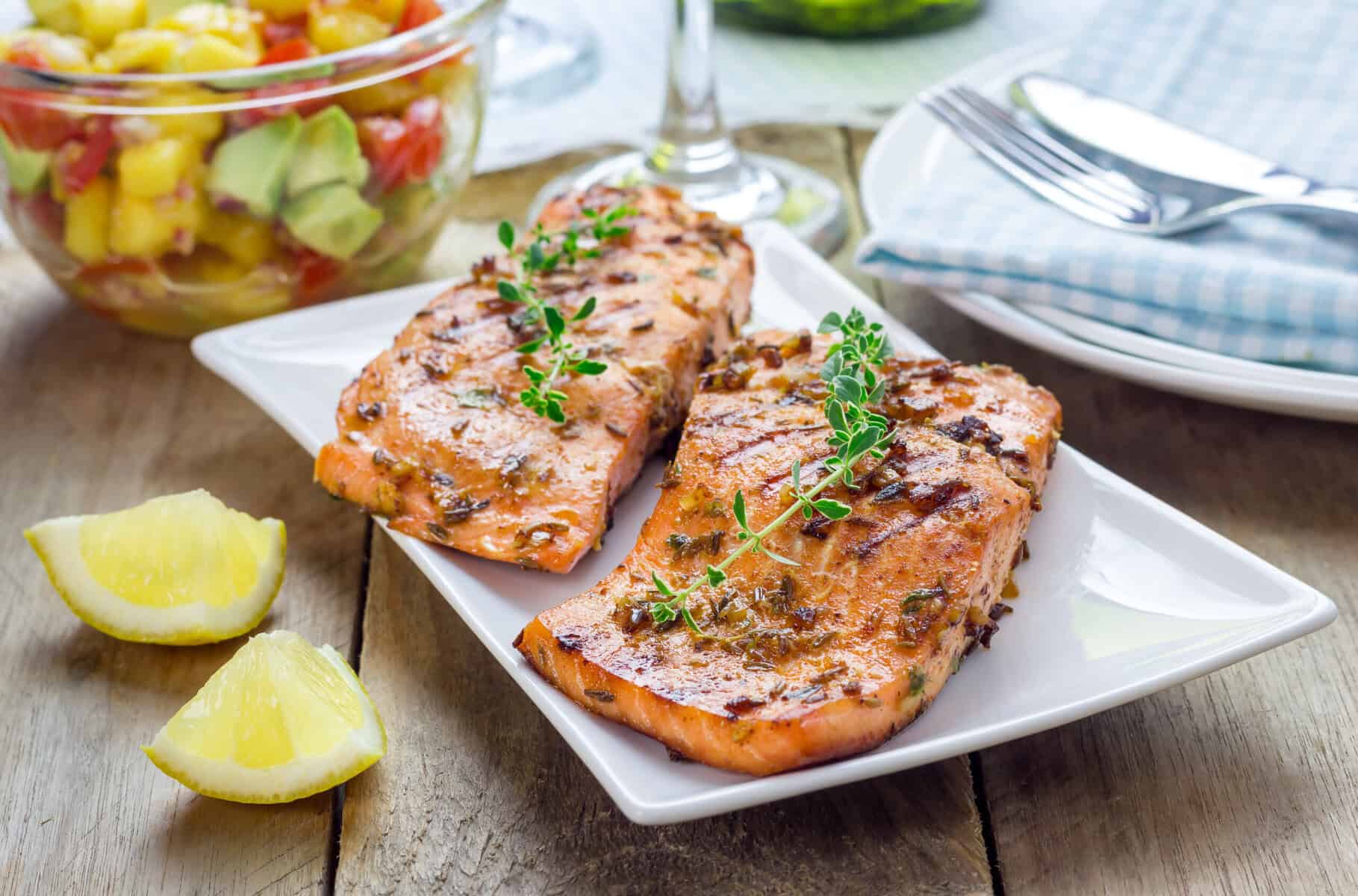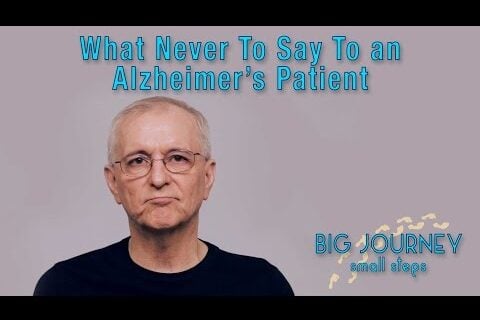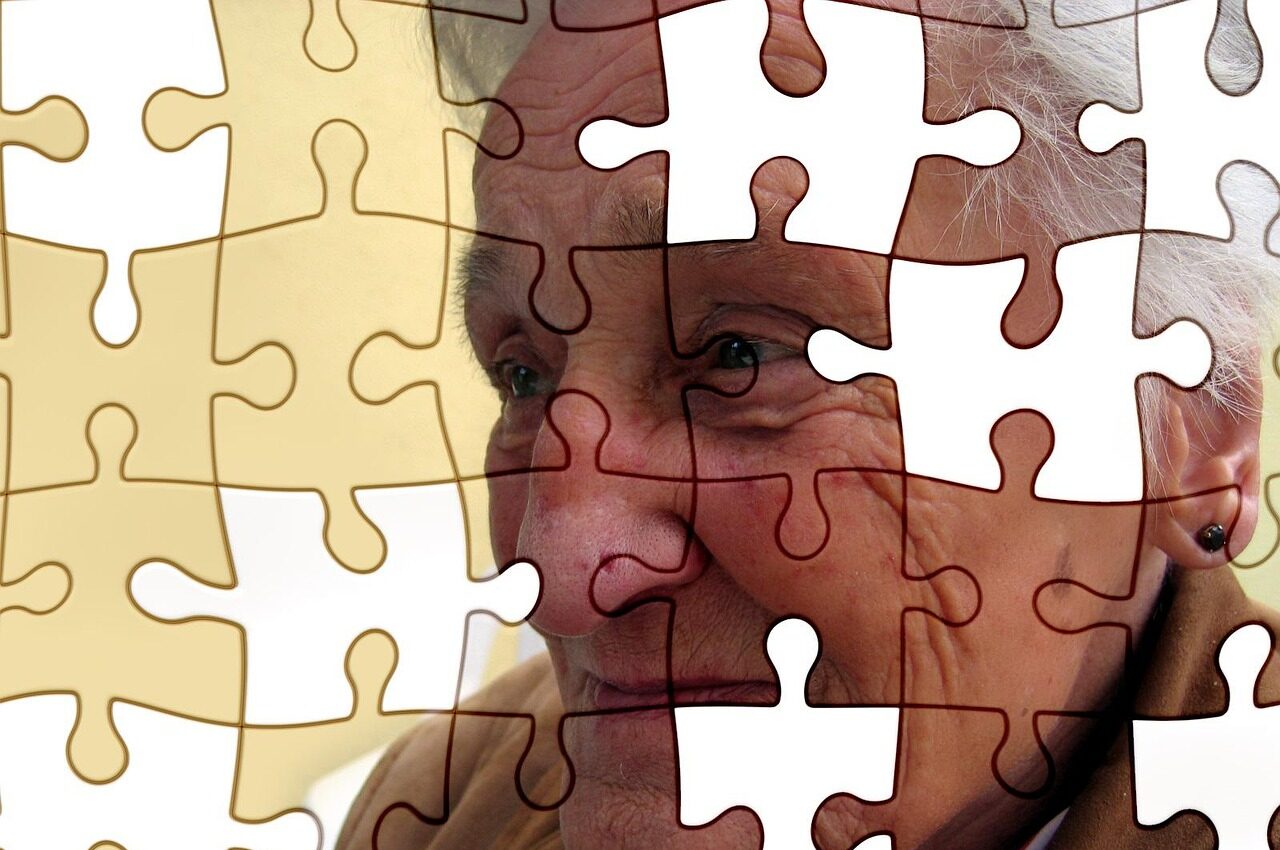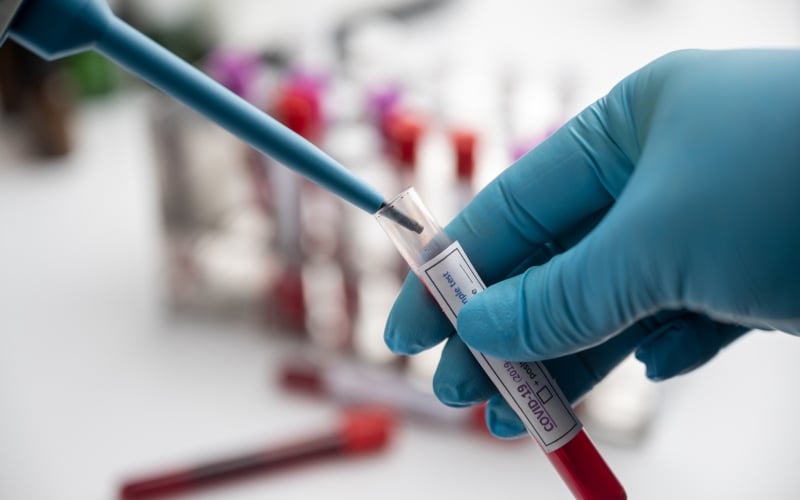I’ve been sober for 1,441 days.
That’s 145,320,373 heartbeats. Or, 332,160,080 breaths. However you track it, I’ve been sober for 3 years, 11 months, and 11 days.
And it feels freaking great.
What didn’t feel great was sometime around 3 years, 11 months, and 12 days ago, as I lay awake at 3 a.m. with scary heart palpitations. Or 3 years, 11 months, 15 days ago, when I realized how much weight I’d gained over my decades of regular drinking. Also around that time, I was dealing with weight-related plantar fasciitis and irreversible (without surgery, anyway) varicose veins.
I won’t even get into what my drinking did to my relationships.
I made a decision that day, almost 4 years ago, on April Fool’s Day in 2019, to stop drinking for good. For real, this time. Forever.
And it was no joke.
It was the single best decision I’ve ever made, and I tell you, it wasn’t easy. But I firmly believe that had I not made that decision — had I not put my health, both physical and mental, first — I’m sure that I would be sitting here today with debilitating health issues. Possibly divorced, too. Definitely depressed; undoubtedly ashamed.
If I was even here at all, that is. There’s always that dark possibility.
Going stone-cold sober was hard, but it was so worth it, because not only did I get my life back, but it’s better than it has ever been. The benefits of a teetotal lifestyle really are endless, but for the sake of simplicity, here are a few of the scientifically-proven, incredible benefits that choosing a life of sobriety provides.
Enjoy a Better Sleep
You may not realize it, but alcohol actually has a pretty negative effect on sleep.
Yes, it makes you sleepy — it can even knock you right out — but that doesn’t mean that it’s a good sleep aid. I remember frequently waking in the middle of the night and not being able to get back to sleep after; this happened almost every night.
Because alcohol is a depressant, it slows down your brain activity and that can make you feel sleepy and relaxed, but it also disrupts your sleep cycle. In fact, alcoholics suffer from such poor sleep during both the height of their addiction and while abstaining (for a time) that they often relapse in order to deal with their insomnia.
But alcohol is no cure for insomnia, as it affects sleep in the worst possible ways. Here’s what we know about alcohol and sleep:
- it shortens the first two cycles of sleep, NREM and REM, which shortens sleep duration and causes disruptions
- it can exacerbate symptoms of insomnia
- it increases the risk of sleep apnea by 25%
Teetotalism grants you a better night’s sleep, but it’s going to take some practice. A healthy diet, light exercise and somewhat regular bedtime will help you get past that initial sleepless hump post-sobriety.
But just think how wonderful it will be when you are able to sleep without any assistance from a harmful substance. Just think.
I can answer that one for you — it’s bliss. Pure, unadulterated bliss.
Neurological Abilities
The human brain is a fascinating thing.
If you’re as old as me, you’ll vividly remember those old ads: “This is your brain… and this is your brain on drugs.”
Right??
That goopy egg imagery is forever burned into my memory and I often think about that now that I’m in my third year of recovery. People seem to forget this, but alcohol is a drug. It’s a legal and societally acceptable drug, but it’s still a drug.
And as those 80’s ads demonstrate the effect of drugs on our brains so effectively.
Our brains are pretty good at motivation. We become motivated to drink because of the pain relief and sheer fun of it, and our brain is behind that motivation. You see, alcohol causes the ventral tegmental area of the brain to send dopamine signals to the nucleus accumbens, which is a really scientific way of saying that alcohol encourages your brain to desire more alcohol.
Over time, that repeated use of the drug becomes habitual, and then we build up a tolerance, and that, friends, is how alcoholics are born.
Those early days of abstinence are the toughest, and how long they last depends entirely on the individual and their level of addiction. But the brain is, like I said, a fascinating thing, and in the same way it harbours your addiction, it can also help heal that addiction.
Alcohol changes your brain’s very structure. It messes with your ability to think clearly and retain information, but abstaining can help reverse some of that damage. While full recovery can take years, depending on the severity of your alcohol use, just a few months can leave you feeling clearer and sharper than ever.
Teetotalism keeps you sharp, improves your memory, and lets your brain do its brainy thing without the interference of substances, and that, my friends, is a great reason to quit drinking forever.
Physical Health
I feared death towards the end of my addiction.
From scary heart palpitations to blackouts, I had zero control over my body and its ability to be healthy. And what made matters worse was that I was a mom during the height of my addiction, and there were several nights during which I laid awake, wondering if I’d be able to see my babies grow up.
Don’t even get me started on the dangers of “wine mom” culture, which happens to run rampant in our social media-driven world.
My health was non-existent during that span, and it was downright scary. Not scary enough, evidently, to quit earlier, but still. The fear of God lived in me even then.
But quitting was the fastest and simplest (and hardest) solution to my health problems.
My heart issues disappeared after about 3 months of teetotalism, and since I wasn’t drowning myself in hundreds — if not thousands — of liquid calories every night, I dropped a bunch of weight. I also stopped having issues with plantar fasciitis, which was a nuisance every morning for several hours, thanks to the weight loss.
Drinking increases your risk of high blood pressure, heart disease, stroke, liver disease, and digestive problems, but it also increases your risk for cancer:
Alcohol use increases your risk of many types of cancer, including cancers of the mouth, throat (pharynx), voice box (larynx), esophagus (swallowing tube), liver, breast (in women), colon and rectum. — OncolinkHonestly. Is drinking so important that you would put your life at risk to this extent?
I know my answer. I’ll do anything in the world to watch my babies grow; to be there for my daughter’s wedding one day. To watch my son turn into a wonderful man. To babysit my future grandchildren.
To be there. For them.
Happiness
I didn’t realize how miserable I was at the height of my addiction.
Thanks to alcohol, I never needed to really feel the pain, to learn and recover from my losses — that’s why we drink, isn’t it?
You lose your job; head to the pub. Bad break up? Drink it off with your friends.
Drinking is also how we celebrate our wins, so really, it’s an ever-present demon in the life of an addict. It’s constantly being shoved down our throats as an acceptable demon to worship, too.
Society loves alcohol. But we shouldn’t.
Teetotalism isn’t for the faint of heart, especially if you drink regularly. Quitting, however, is the only way to find true, genuine happiness, even if it takes some time to reach that state.
There are stages of sobriety that every person in recovery — whether you’re an addict or not — should know about, and one is the state of euphoria. That feeling will take over in early sobriety after you get past the hardest parts, but that’s not the kind of happiness I’m referring to here.
When your euphoric stage ends, you’re left to deal with the same problems you always had — but this time you’ll handle them better. This is the time that you will retrain your brain to manage without needing to fall back on substances.
Enter actual happiness. The reason we have so much fun drinking is due to the increased levels of dopamine when we drink, but over time, the depressent in alcohol supercedes any lasting dopamine-related joy. You can still find happiness in teetotalism, however, and you can get your dopamine boosts in a number of ways, such as:
- Sleeping and eating well (especially foods containing tyrosine, commonly found in almonds, bananas, avocados, eggs, beans, fish, and chicken)
- Exercising and meditating
- Listening to music you love
- Avoiding overly processed foods
- Learning to manage your stress
Don’t assume that by going teetotal you will immediately start skipping jovially to work every day — happiness is called a pursuit for a reason. Teetotalism gives you your best shot, however; I speak from experience.
From the neurological benefits to the emotional and physical stability you’ll gain, teetotalism is a positive, growth-centered way to live your life. You’ll save money while you save yourself, and you’ll never have to worry about drunk texting an ex or hangovers or beer bellies ever again.
I’ve been down the rabbit hole. I’ve been the drunk girlfriend, wife, mom, and it wasn’t worth it even a little bit. Not ever. Teetotalism is my only way forward, and honestly, the idea of one last glass of red wine just turns my stomach.
I just don’t need it. And neither do you.
—
This post was previously published on Lauren Hall’s blog.
***
You Might Also Like These From The Good Men Project
 Compliments Men Want to Hear More Often
Compliments Men Want to Hear More Often  Relationships Aren’t Easy, But They’re Worth It
Relationships Aren’t Easy, But They’re Worth It  The One Thing Men Want More Than Sex
The One Thing Men Want More Than Sex  ..A Man’s Kiss Tells You Everything
..A Man’s Kiss Tells You Everything Join The Good Men Project as a Premium Member today.
All Premium Members get to view The Good Men Project with NO ADS.
A $50 annual membership gives you an all access pass. You can be a part of every call, group, class and community.
A $25 annual membership gives you access to one class, one Social Interest group and our online communities.
A $12 annual membership gives you access to our Friday calls with the publisher, our online community.
Register New Account
Log in if you wish to renew an existing subscription.
Username
First Name
Last Name
Password
Password Again
Choose your subscription level
- Yearly - $50.00 - 1 Year
- Monthly - $6.99 - 1 Month
Credit / Debit Card PayPal Choose Your Payment Method
Auto Renew
Subscribe to The Good Men Project Daily Newsletter By completing this registration form, you are also agreeing to our Terms of Service which can be found here.Need more info? A complete list of benefits is here.
—
Photo credit: iStock
The post The Life-Altering Benefits of Teetotalism Are Insane appeared first on The Good Men Project.
Original Article

